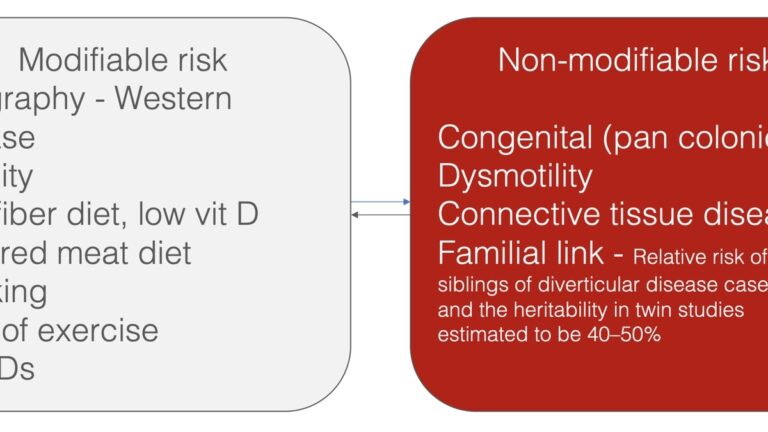Understanding diverticulitis and its risks
A new study has found a strong correlation between lifestyle habits such as smoking and heavy drinking and an increased risk of developing diverticulitis. This is a common digestive disease characterized by inflammation of small sacs known as diverticula within the intestinal lining. Common symptoms include severe abdominal pain, fever, nausea, and changes in bowel habits.
Research shows a link between smoking, heavy drinking and diverticulitis
The study, led by Dr. Sarah Gunby from the University of Washington School of Medicine, followed more than 46,000 men for 24 years. It turns out that people who smoke and consume at least two alcoholic drinks every day have a significantly higher risk of developing diverticulitis. The study, published in Clinical Gastroenterology and Hepatology, highlights the potential health risks of these behaviors and emphasizes the importance of lifestyle modifications in reducing the risk of diverticulitis.
Other risk factors for diverticulitis
Smoking and heavy drinking are known to be significant risk factors, but they are not the only ones. Aging, obesity, and the use of certain medications are also associated with an increased risk of diverticulitis. Interestingly, this condition appears to disproportionately affect certain racial and ethnic groups.
Reduce risk of diverticulitis
Lifestyle modifications play a vital role in reducing the risk of diverticulitis. This includes avoiding smoking and heavy drinking, eating a diet high in fiber, and engaging in regular physical activity. In fact, regular physical activity has been shown to reduce your risk of developing diverticulitis by 27%. Other strategies include maintaining proper hydration, stress management, and the use of certain herbs and probiotics.
Role of medical professionals
Health professionals play an important role in counseling patients about these risk factors and encouraging lifestyle modifications. This includes advice on diet, exercise, smoking and drinking habits. It is also important to ensure that patients have access to reliable information about their condition. Reliable resources include the American College of Gastroenterology, the Canadian Bowel Research Association, the American College of Gastroenterology, the Mayo Clinic, and the National Institute of Diabetes and Digestive and Kidney Diseases.
Diagnosis and treatment of diverticulitis
Diverticulitis can be diagnosed by CT scan. In most cases, this condition can be managed at home by eating a low-residue diet or a clear liquid diet to give the digestive system a chance to heal. However, complications such as intestinal obstruction, perforation, and abscess can occur and may require hospitalization or surgery.
conclusion
Diverticulitis is a common condition, but lifestyle modifications can greatly reduce your risk. This includes avoiding smoking and heavy drinking, maintaining a healthy diet and regular physical activity, and managing stress. Regular consultation with a medical professional is also important for early detection and treatment.


